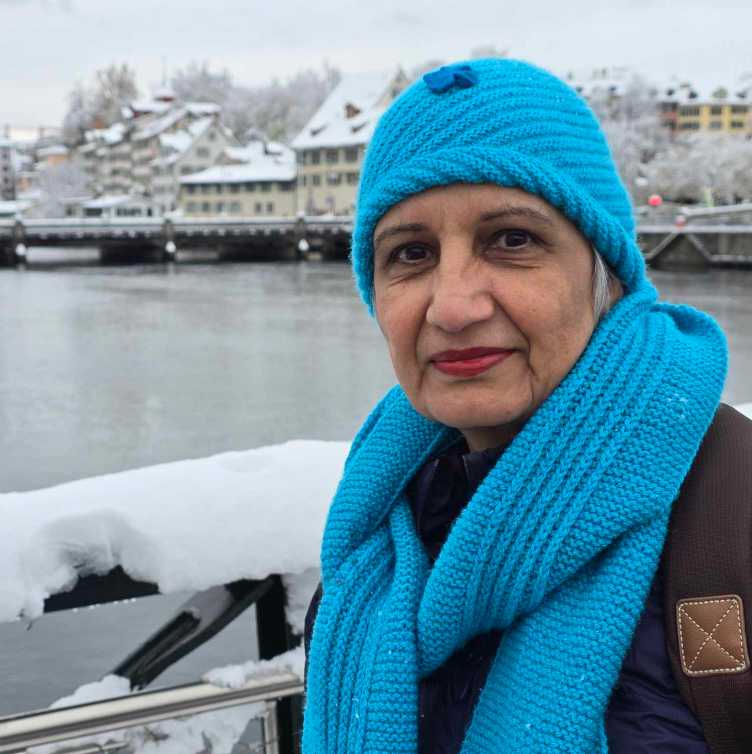Coincidental exchange: Where do the best ideas come from?

Early Bird – Column on everyday research by Professor Santosh Jatrana, Deakin University Melbourne, Australia. Here she shares her experience as a demographer in an economics institute.

My three-month tenure as a visiting fellow at the KOF Swiss Economic Institute was a profoundly enriching chapter in my professional journey. Unlike previous fellowships, it pushed me beyond the boundaries of my discipline, immersing me in the unfamiliar terrain of economics.
Economics often operates with a distinct analytical framework, emphasizing models, data-driven predictions, and policy implications rooted in market behaviour. Demography, while data-rich, is inherently focused on population-level phenomena and their social determinants. Integrating these approaches required me to think critically and bridge disciplinary divides.
Demography and economics are deeply interconnected, yet their differing methodologies posed both a challenge and an opportunity. The task was to ensure the human dimension of migration remained central while bringing a demographic perspective to economic debates in a constructive way. Through dialogue, collaboration, and a willingness to learn, I gained valuable insights into how migration shapes labour markets and how economic incentives influence mobility. These perspectives enriched key demographic questions such as what skills should migrants bring? What is the optimal level of migration, and how can it be measured? How does migration affect aging, dependency ratios, urban development, and housing demand?
The Power of Serendipitous Exchange
One of the most rewarding aspects of the fellowship was the serendipitous exchange of ideas in informal settings—coffee breaks, seminars, lunches, or train rides to Geneva or elsewhere. These unplanned conversations often bridged disciplines, leading to fresh insights and unexpected collaborations.
For example, a train ride past Lausanne’s vineyards sparked a discussion on point-based immigration systems, which soon evolved into a policy brief now underway. Similarly, a casual coffee chat on hiring discrimination in Switzerland inspired a grant application to the Australian Research Council. These moments demonstrate the transformative power of interdisciplinary dialogue, where informal exchanges challenge assumptions, ignite new perspectives, and drive creativity and innovation.